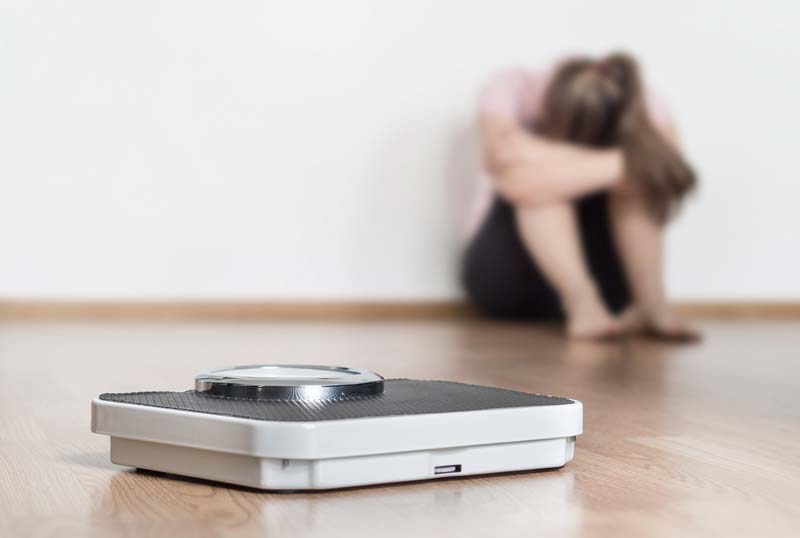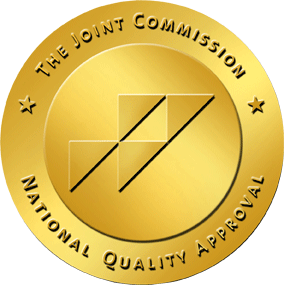Building bridges, treating trauma, and finding purpose in Skokie, IL
In the spring of 2020, we were feeling like a lot of therapists: long hours, a fractured healthcare system, intensive treatment, and a revolving door of clients who were needing more than we could give them… it was all taking a toll.
Patients felt better, then didn’t. Like so many health care workers, we were starting to question the status quo.
And we had no idea what was coming our way.
And then, a Pandemic
The first wave of COVID-19 caused a collective trauma like none of us have seen in our lifetimes. As fear and uncertainty became our common language, every therapist was suddenly booked solid with waitlists a mile long and growing.
We had to turn people away daily, referring them to other providers who would also become unavailable – sometimes within days or even hours of the referral. And when it came to finding a higher level of care for our clients, it felt like there was no way in. Treatment facilities were booked solid, and it could take weeks just to get a referral.
The pandemic was squeezing our healthcare system and draining our energy while creating a bigger need for our services than ever.
Two things became clear pretty quickly:
This collective trauma will affect all of us for generations to come, and forever change the need for high-quality, science-based trauma treatment.
And more than ever before, the traditional treatment approach just won’t work for everyone.
We left our private practices to create a better way
That’s right, Covid was our nudge (or should we say shove?) to get out there and start building the kind of treatment approach we knew our patients—and our colleagues—needed.
We knew that our patients needed more than a revolving therapy door to get to the bottom of trauma—Covid-related and otherwise—to actually heal and grow from it. At Skyway, that looks like intensive yet still outpatient treatment; cutting-edge methodologies; a cohesive, expert team approach; and special attention to things like nutrition, body/nervous system based interventions, community, and mindfulness.
We also knew we had to start taking better care of ourselves, especially as we were seeing more patients with bigger needs. We didn’t want to follow in colleagues’ footsteps as they started to abandon higher levels of care. We’ve seen firsthand how employee satisfaction affects better patient outcomes. We wanted to create a place where employees can thrive, staff turnover is rare, and our patients can get the best experience possible.
We named our new center after a famous bridge
We’ll be explaining our connection to the Chicago Skyway forever, and we’re okay with that: it gives us a chance to talk about our mission and vision.
First, we both believe in brain plasticity and complete recovery—that we can create new pathways in the brain by practicing different behavioral responses again and again.
We help our patients form new “roads” or connections, rewiring the brain toward recovery. Essentially, we’re building healing bridges in the brain.
It’s also our metaphor for helping our patients along their journey home. As an Ohio native, Julie makes a lot of trips back and forth across the Chicago Skyway to visit family. She says there’s a special return-trip moment when the Skyway comes into sight—a gorgeous view and a sigh of relief that the long drive is over and she’s finally “home.”
As messy, painful, terrifying, frustrating, and long as our patients’ journeys might be, we want to be there with our people helping them through it.
We’re off to a great start
Building a brand new facility and establishing a new treatment model during a global pandemic has had its challenges and benefits. One huge upside? Virtual training. We’ve been busy attending more virtual conferences and trainings than ever before— commitments that would have required extensive travel, expense, and time away from our families pre-pandemic.
We’ve added invaluable skills and techniques to our trauma treatment toolboxes
Teaching patients new ways to calm their nervous systems and re-think the ways they think about, talk about, and cope with trauma.
We’re currently wrapping up an intensive fellowship in Dialectical Behavior Therapy, a therapy that addresses emotion dysregulation, suicidal ideation and behaviors, behavioral dyscontrol, and interpersonal difficulties—all common within trauma survivors.
We’re beyond excited to be forging a new path for delivering the most effective, science-based mood, anxiety, and trauma treatments at Skyway. We’re also thrilled to be creating an environment that nurtures and cares for the best and brightest professionals in our field.
Our April 2022 launch is just the beginning.
Welcome to Skyway. We’re so glad you’re here!
—Julie, Laura, and The Skyway Team




